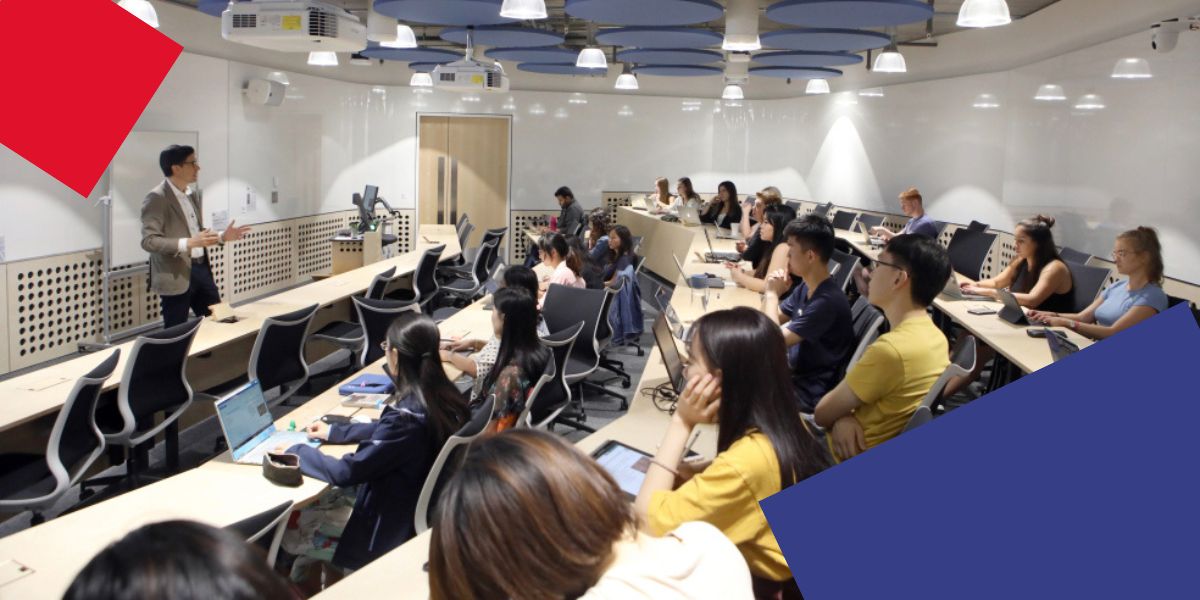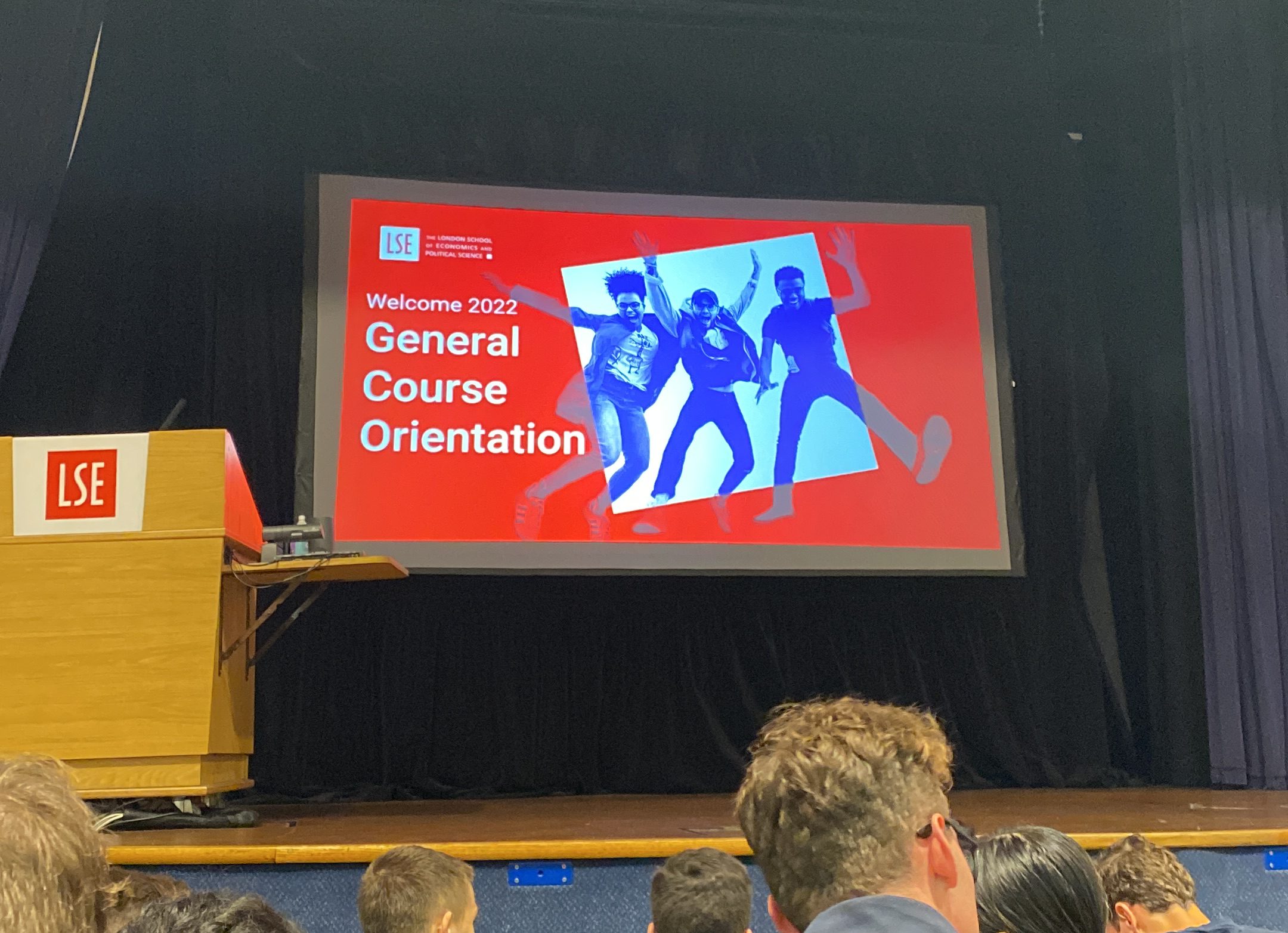Studying History at LSE is quite different to studying it elsewhere. The department focuses mainly on modern international history so the programmes are highly relevant and applicable to the world today. When I was applying to study history, I couldn’t help but question whether I was wasting my time studying areas that I perceived as less important to the present. Discovering the LSE’s BA History programme erased these doubts. The programme offered the chance to study what I saw as the most relevant parts of history in a cutting edge and topical way.
The courses tend to begin from the early modern period, specifically the 1500s, while most focus on the 19th and 20th century. Indeed, all of the courses that I am doing focus on the 20th century. My favourite course is a breadth study from 1914 to the present day. Not many universities have history courses that include events of the 21st century. The programme here is specialist in its time periods but each course offers an incredibly broad overview. The courses are very intellectually stimulating as they allow you to learn about other disciplines in the context of the past, such as politics, international relations and economics.
In first year, you will undertake a compulsory course. This course forces you to consider History as a discipline rather than a specific time period. I have found it useful as it helps you to understand your practice as a historian better. This is something exclusive to LSE. This element of the course provides you with a new lens through which to view both the world today and your historical studies.
I like the Department of History at LSE as it is smaller than most others here. Nevertheless, the department runs social events to keep the students and faculty in communication out of the classroom. Since being here, I have attended two gatherings to reunite the department at the start and end of term. There was also an opportunity to attend a residential weekend and there are a number of talks and lectures that you can attend on the side.
I’ve found some of my closest friends on my programme. The history society enables us to socialise with history students of all years, which is both enjoyable and useful for seeking academic help. Similarly, as a lot of history students do the degree in combination with politics, international relations or a language, you often get the chance to understand more about these degree programmes too, as you will spend a lot of time with them.
In terms of teaching, my classes are taught by a mix of research students and professors. I find having a combination beneficial as while professors are incredibly knowledgeable, PhD students are very in tune with the lifestyles and needs of us undergraduate students.
A history degree from LSE will set you up for life due to its strong international reputation and credibility. The knowledge it gives you of international affairs of the last 100-200 years gives you a strong foundation for understanding the world today. A history degree leaves open many doors for future degrees, with LSE graduates of History going on to work in law, government, journalism and museum work, to only name a few.





